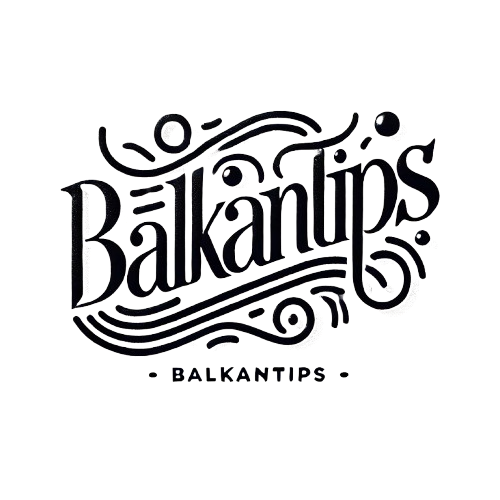
Loading

Delve into the traditions, clothes, foods, and the mentality of the Balkan people
Learn More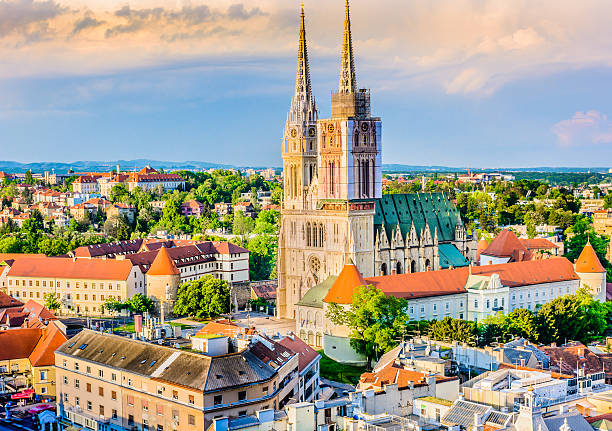
Traditional Clothes: Croatia’s folk costumes are colorful and intricate, with designs that vary across regions. Lace-making is a traditional craft that’s still celebrated today.
Foods: Croatia’s cuisine reflects its coastal geography. Famous dishes include "pašticada" and "peka" – slow-cooked meats and seafood.
Mentality: Croatians are proud of their rich history and are known for their warmth and hospitality, often described as calm and resilient.
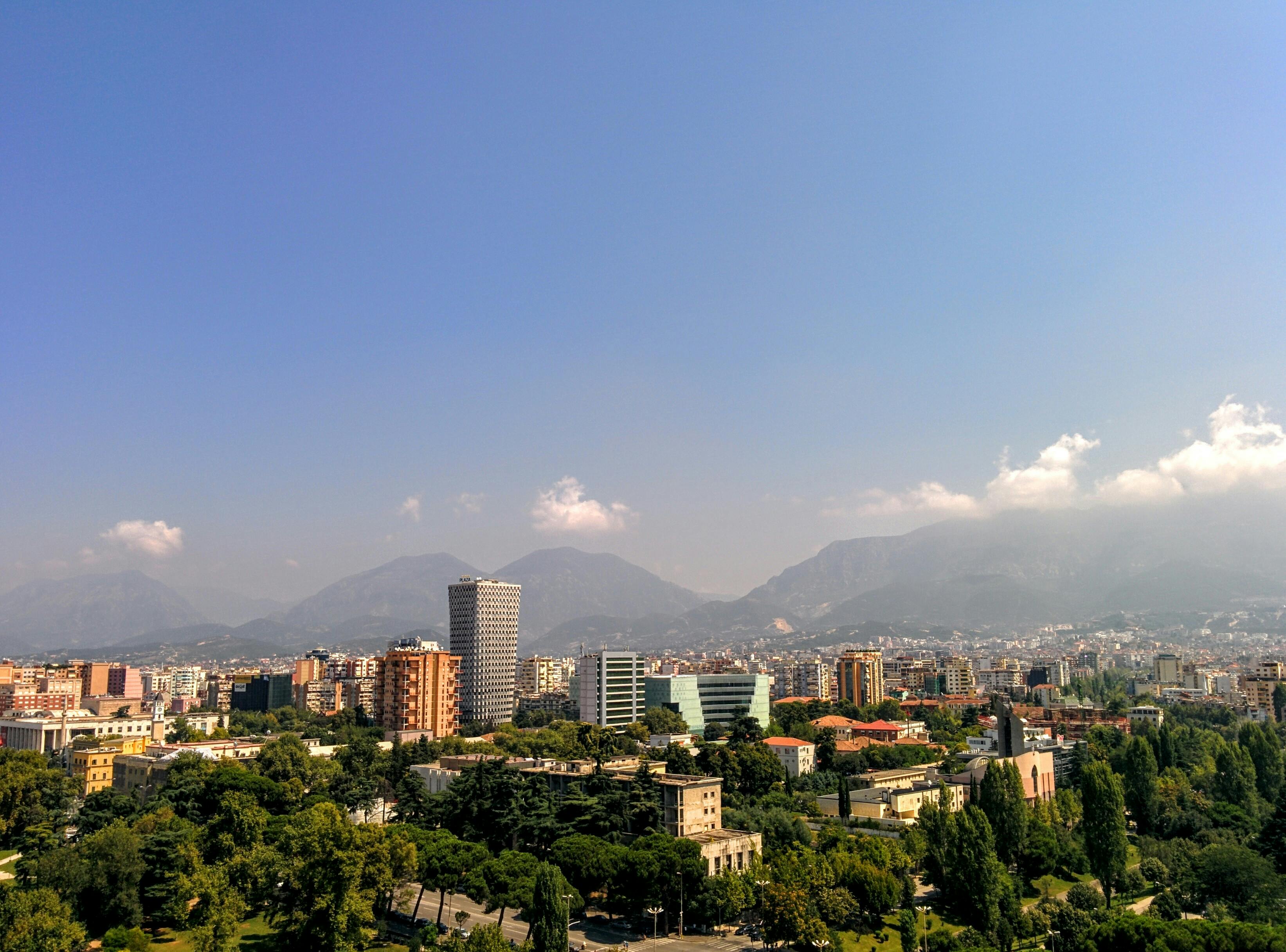
Traditional Clothes: The traditional costume for men includes the "qeleshe" (felt cap) and for women, colorful embroidered dresses called "fustanella".
Foods: Albanian cuisine blends Mediterranean flavors with its own local produce. Key dishes include "byrek" (savory pastry) and "tavë kosi" (lamb and yogurt casserole).
Mentality: Albanians are known for their fierce independence and the ancient tradition of hospitality, called "besa," which signifies honor and trustworthiness.
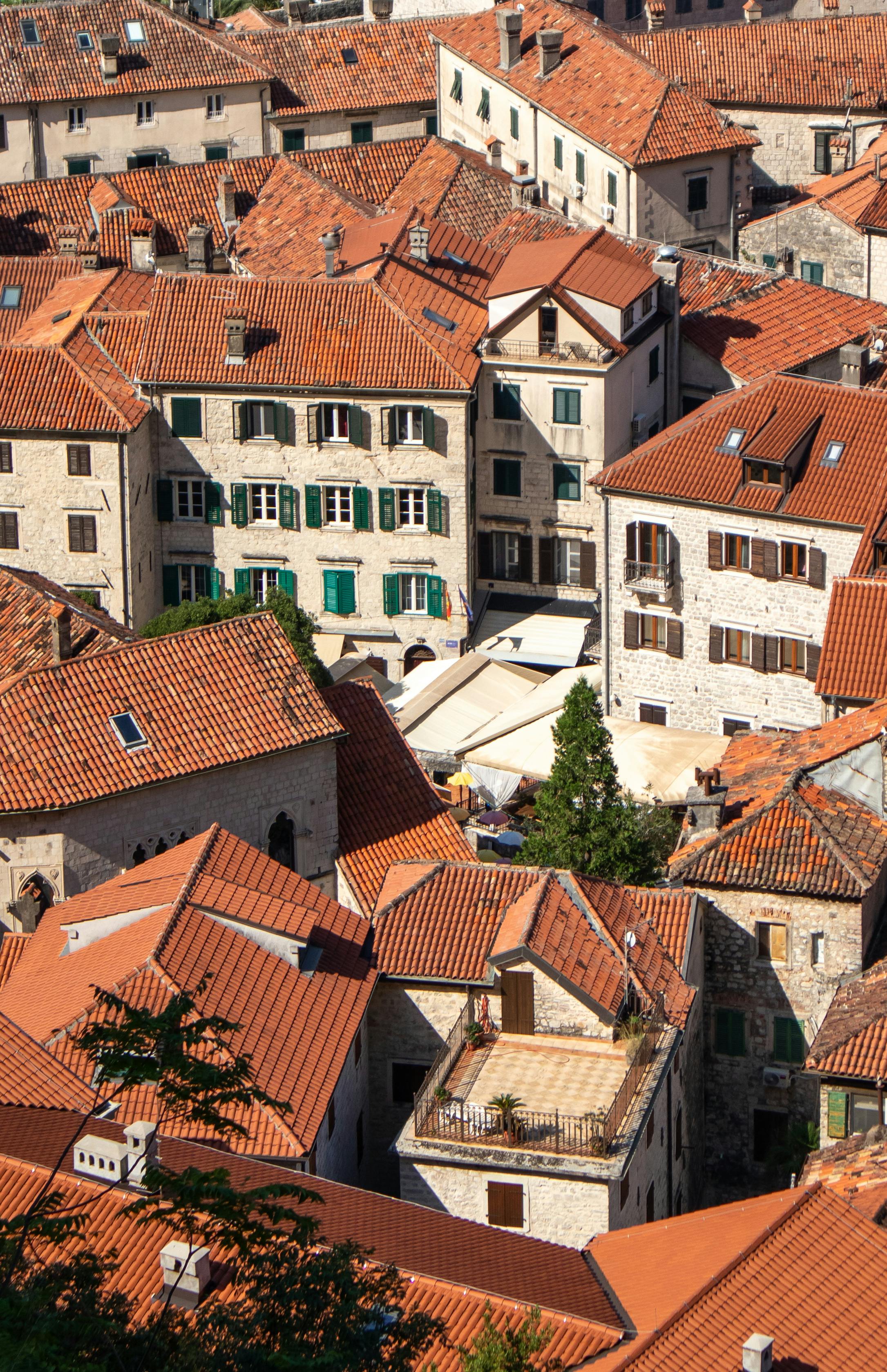
Traditional Clothes: Montenegrin folk attire features woolen garments with elaborate embroidery, typically worn during festive occasions.
Foods: Montenegro is famous for "Njeguški pršut" (smoked ham) and "kačamak" (a hearty dish made from potatoes and cornmeal).
Mentality: Montenegrins are known for their bravery and love of freedom, often described as proud and determined.
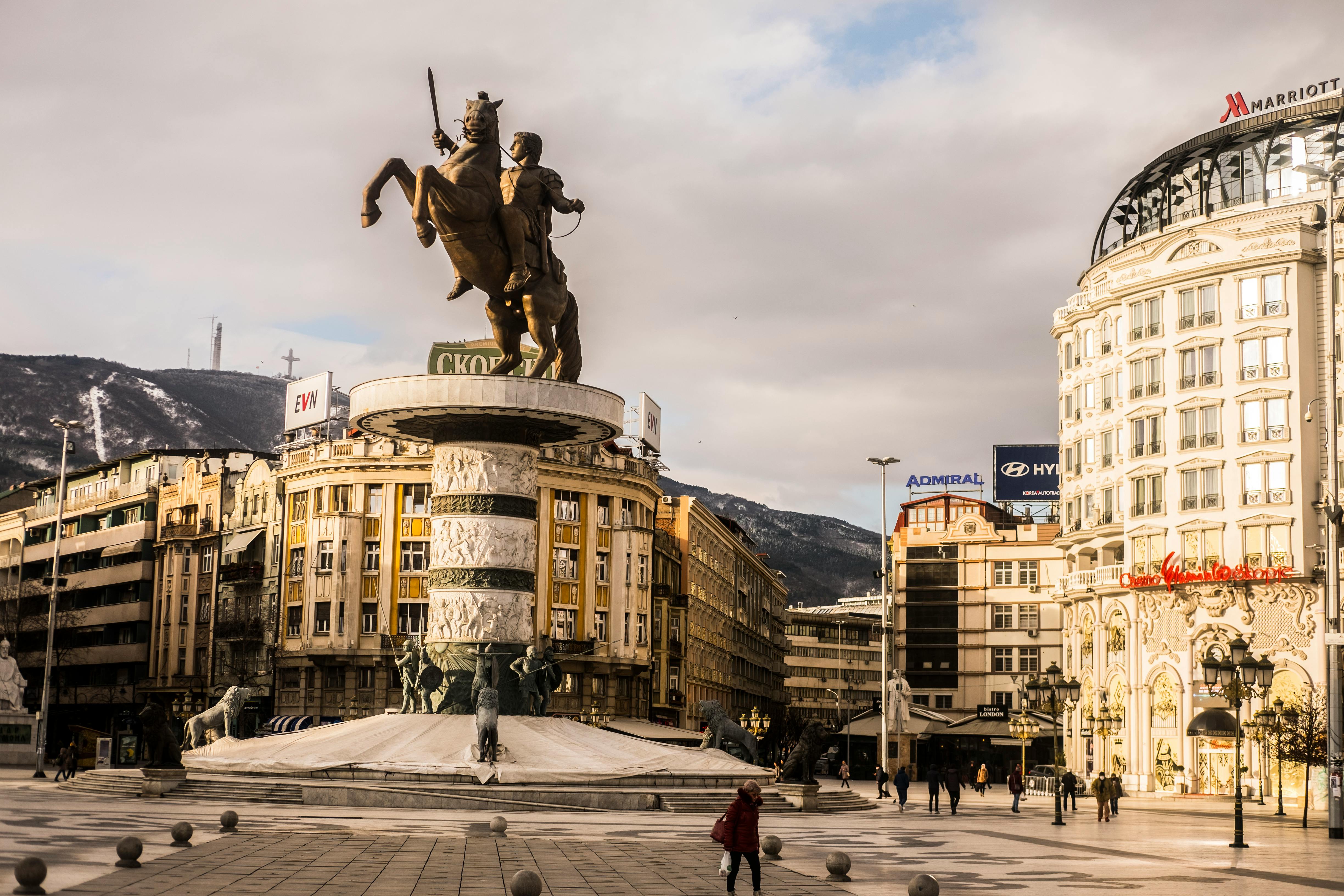
Traditional Clothes: Macedonian traditional clothes are colorful, with intricate hand-embroidered patterns, often with gold thread for special occasions.
Foods: Macedonian cuisine is rich with vegetables, meats, and dairy, with dishes like "tavče gravče" (baked beans) and "ajvar" (pepper spread).
Mentality: Known for their hospitality, Macedonians value family ties and cherish their traditions and customs.
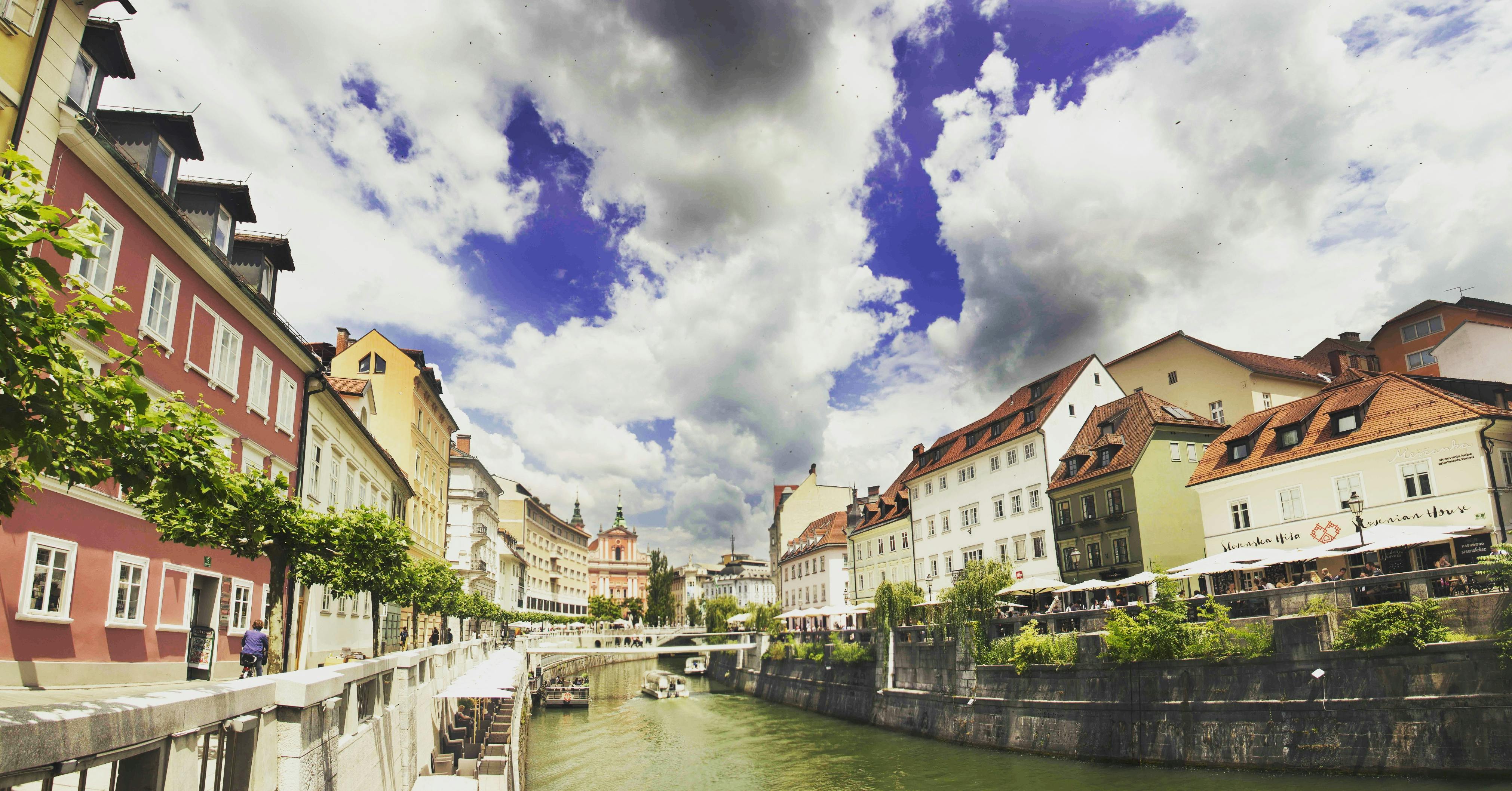
Traditional Clothes: Slovenia’s traditional costumes are typically made of wool or linen, with floral patterns and vibrant colors, especially in regions like Gorenjska.
Foods: Famous Slovenian dishes include "potica" (rolled nut cake) and "žganci" (buckwheat spoonbread).
Mentality: Slovenians are known for their industrious nature and strong connection to nature, valuing traditions and sustainability.
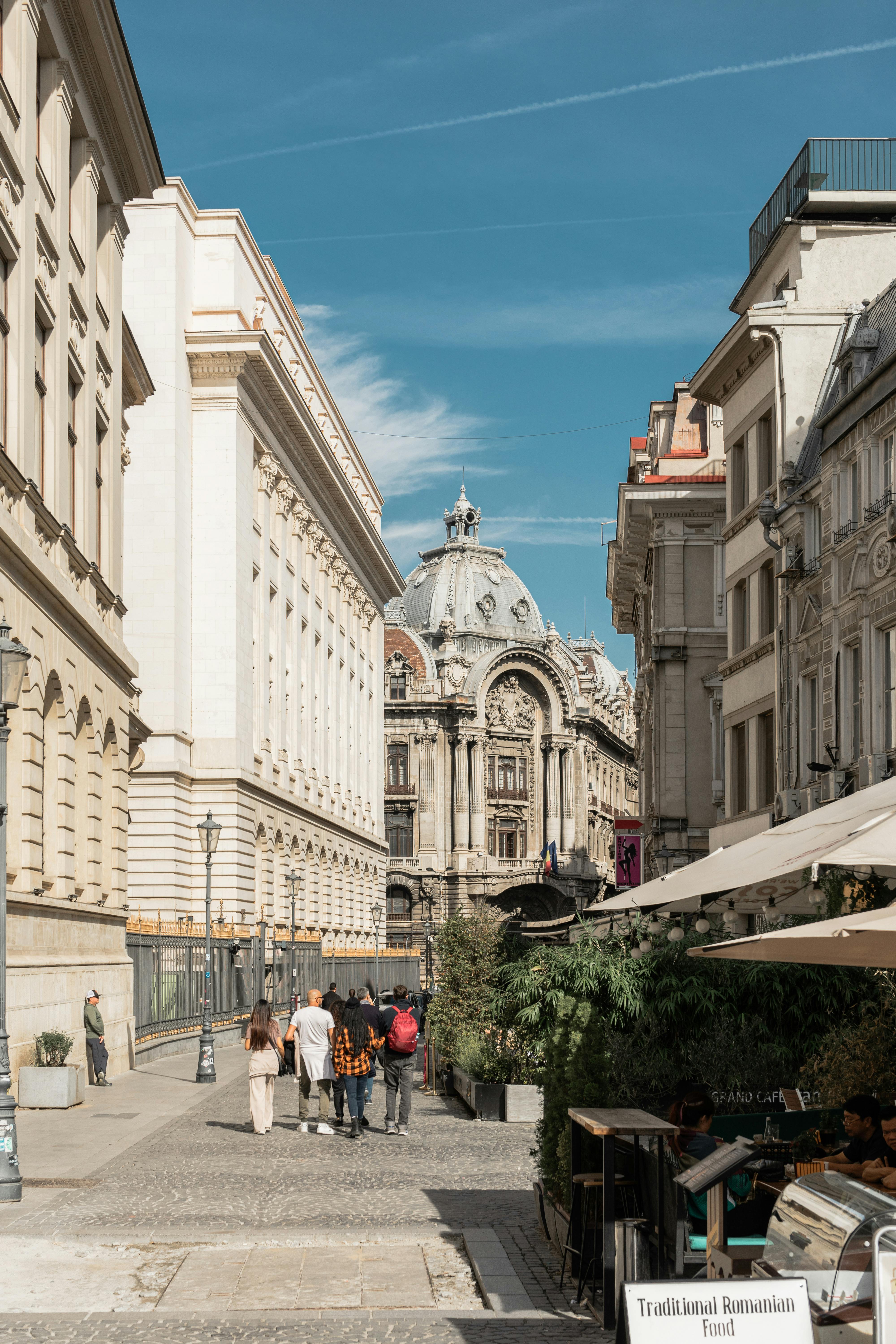
Traditional Clothes: Romanian folk costumes are distinguished by vibrant handwoven shirts and skirts with intricate embroidery, often passed down through generations.
Foods: Romania is known for "mămăligă" (polenta) and "sarmale" (cabbage rolls filled with pork and rice).
Mentality: Romanians have a rich cultural heritage, deeply rooted in folklore and are known for their optimism, resourcefulness, and generosity.
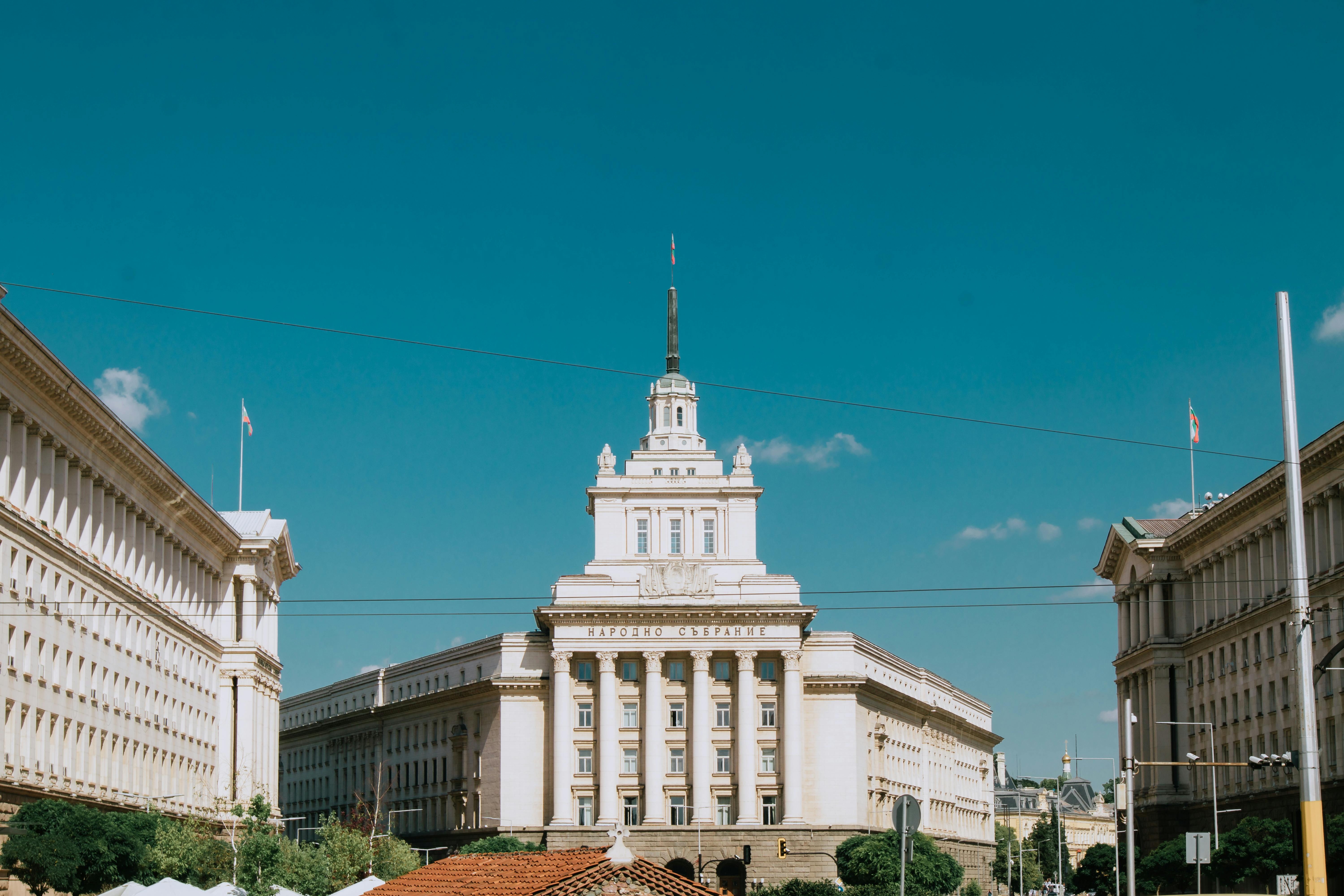
Traditional Clothes: Bulgarian costumes vary across regions but are typically made of wool and richly decorated with embroidery, especially around the waist and sleeves.
Foods: Bulgaria is famous for "banitsa" (cheese pastry) and "shopska salad," a refreshing combination of tomatoes, cucumbers, and feta cheese.
Mentality: Bulgarians are proud of their history and are known for their resilience, strong community ties, and love for celebrations.
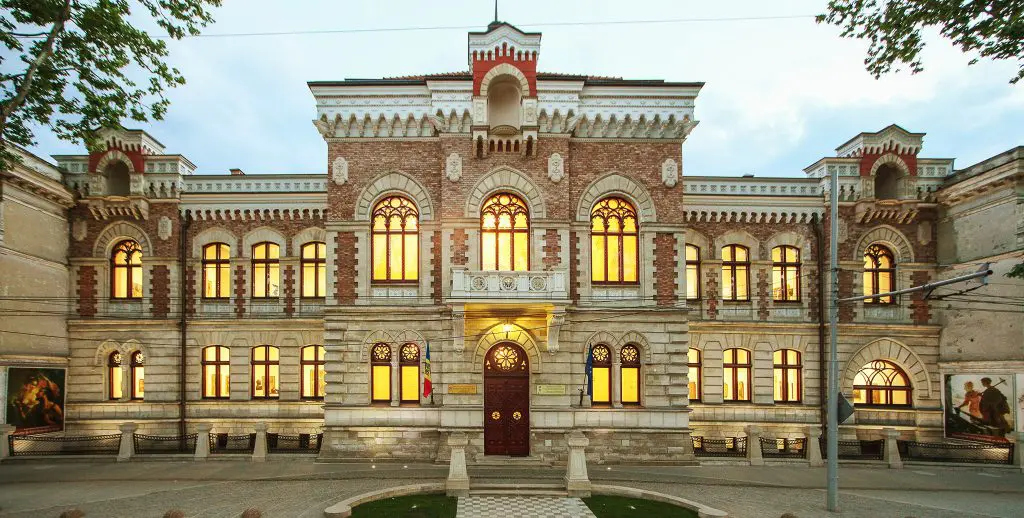
Traditional Clothes: Moldovan traditional attire includes "cămașa" (shirt) and "catrință" (skirt), often decorated with colorful embroidery and symbols.
Foods: Moldovan cuisine is hearty, with dishes like "mămăligă" (cornmeal porridge) and "sarmale" (stuffed cabbage rolls).
Mentality: Moldovans are known for their deep connection to family and tradition, as well as their agricultural roots, symbolizing hard work and hospitality.
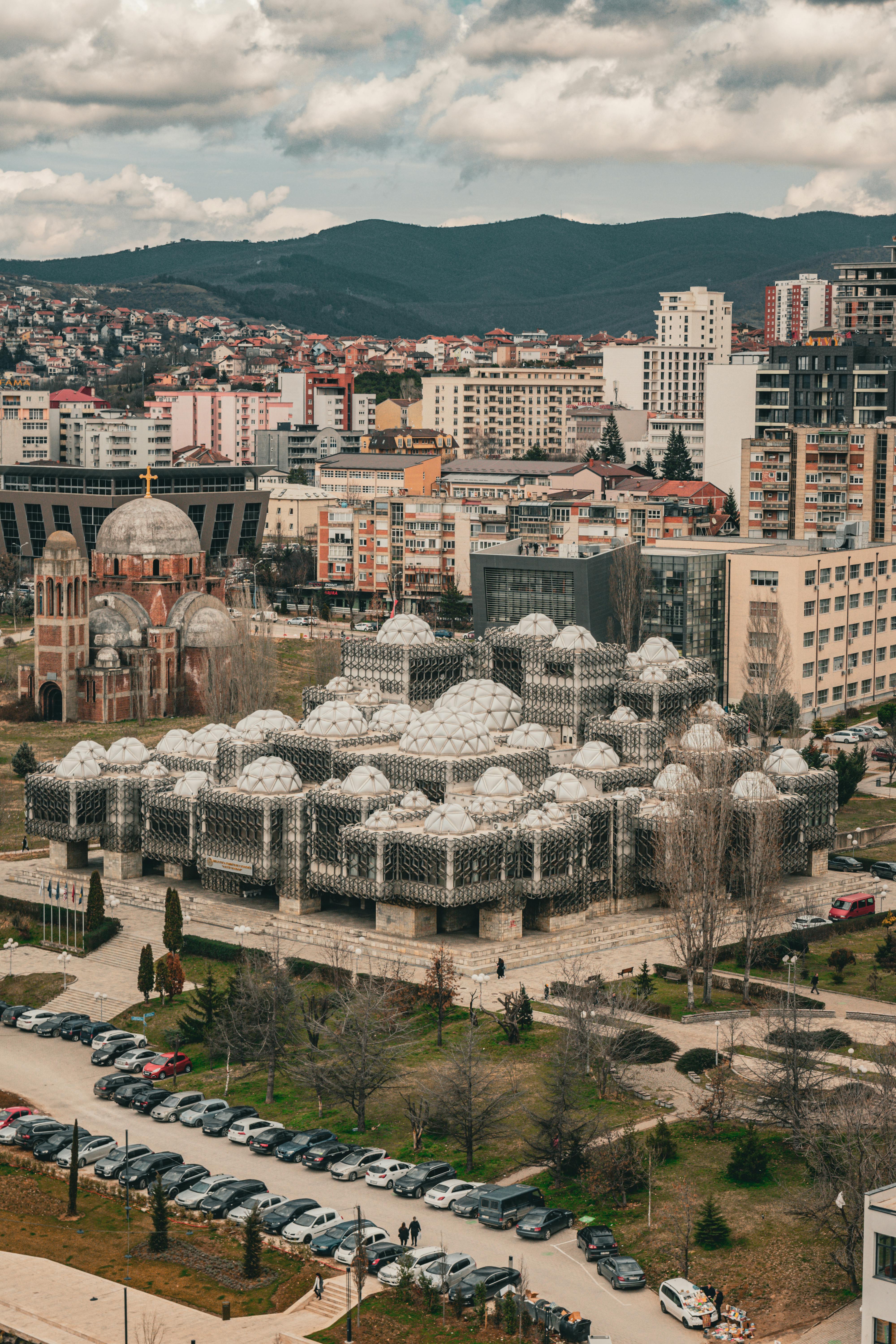
Traditional Clothes: Kosovo’s traditional clothes, especially for women, are known for intricate embroidery and colorful dresses, while men wear "plis" (a traditional white hat).
Foods: Key Kosovo dishes include "flija" (a layered pancake dish) and "pide" (a type of bread), often served during family gatherings.
Mentality: Kosovars are known for their resilience, pride in their national identity, and strong sense of community and family values.
The Balkans are rich in unique cultural superstitions and beliefs passed down through generations.
Your Score: /4